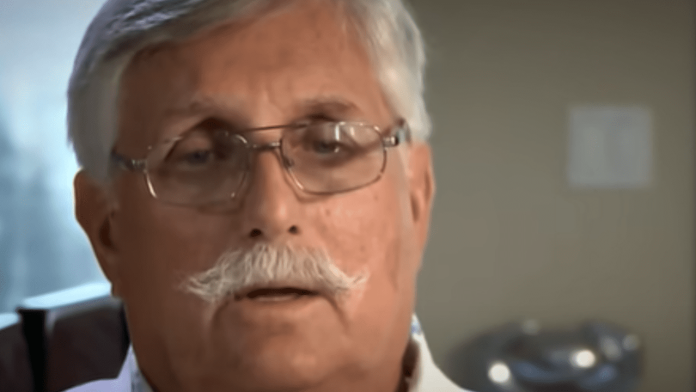Fred Goldman, the father of Ron Goldman, reacts to OJ Simpson’s death with a blend of emotions. He expresses that while it marks the end of hope for true accountability, considering the civil judgment and Simpson’s “confession” in “If I Did It,” it also brings a sense of closure to a long, arduous journey seeking justice for Ron and Nicole.
Did OJ Admit to the Murders?
O.J. Simpson’s book, “If I Did It: Confessions of the Killer,” never explicitly states a confession to the murders of Nicole Brown Simpson and Ron Goldman. However, the book’s entire premise is written from the hypothetical perspective of how he would have committed the crimes if he had done them.
This approach caused a lot of controversy. Here’s a breakdown:
- The Book’s Premise: The book is framed as a hypothetical account, with the title itself reflecting this. Simpson maintains he is innocent.
- Incriminating Details: Despite the hypothetical framing, the book includes details about the crime scene that only the killer would likely know. In a promotional interview, Simpson himself made some statements that could be interpreted as admissions of guilt.
- Public Outcry: The book’s publication was met with public outrage due to its perceived sensationalism and attempt to profit from the tragedy. The publir ultimately canceled the book’s release.
So, while there’s no direct confession, the book’s controversial approach and inclusion of specific details blur the lines and lead many to believe it implies a confession.
Why Did Fred Goldman Believe OJ Did It?
- Grief and Advocacy:
- Fred Goldman’s primary motivation stemmed from the tragic loss of his son.
- His strong emotions and desire for justice are understandable given the circumstances.
- Public Pressure:
- The immense public interest in the case thrust Fred Goldman into the spotlight.
- He likely felt pressure to maintain a public persona and advocate for his son’s memory, potentially influencing his actions and statements.
- Potential Biases:
- Financial Stake: Pursuing a civil suit against O.J. Simpson introduced a financial element that could be seen as a form of bias.
- Criticism of LAPD: While some criticism of the LAPD’s investigation might have been justified, it could also be interpreted as an attempt to deflect attention from potential weaknesses in the prosecution’s case.
Continued Advocacy
Despite facing setbacks and the closure of hope for accountability with OJ Simpson’s passing, Fred and his wife Kim reaffirm their commitment to advocating for victims’ rights. They aim to ensure that the voices of victims and survivors are heard, not only within the confines of the courtroom but also in broader society.
Life Before Tragedy
Reflecting on his life before the tragic events of June 13, 1994, Fred describes it as reasonably normal, filled with hopes of retirement and the joy of watching his children grow up. This perspective underscores the abrupt disruption and devastation caused by Ron’s murder.
Tragic Turn of Events
The night of June 13, 1994, altered Fred’s life irreversibly. The devastating phone call informing him of Ron’s murder shattered his dreams and expectations. Fred recounts the surreal experience of grappling with the sudden loss of his only son, emphasizing the profound impact it had on him and his family.
Coping and Healing
Fred reflects on the concept of a “new normal” in the aftermath of Ron’s death. He acknowledges the healing power of time, which enables individuals to adapt to life’s unexpected twists and turns. Despite the challenges and enduring pain, Fred finds solace in the notion that time provides the opportunity to carve out a new path forward, albeit different from what was initially envisioned.
























